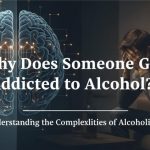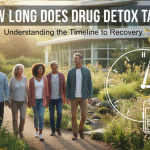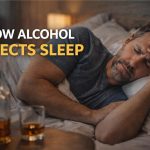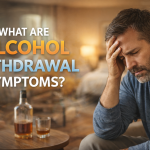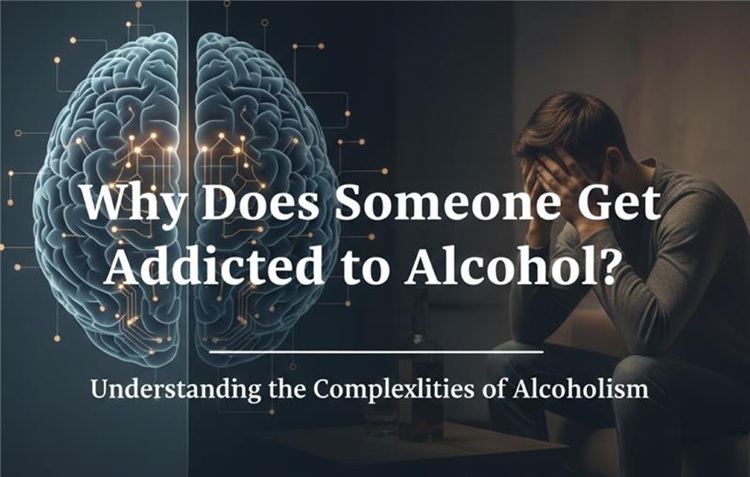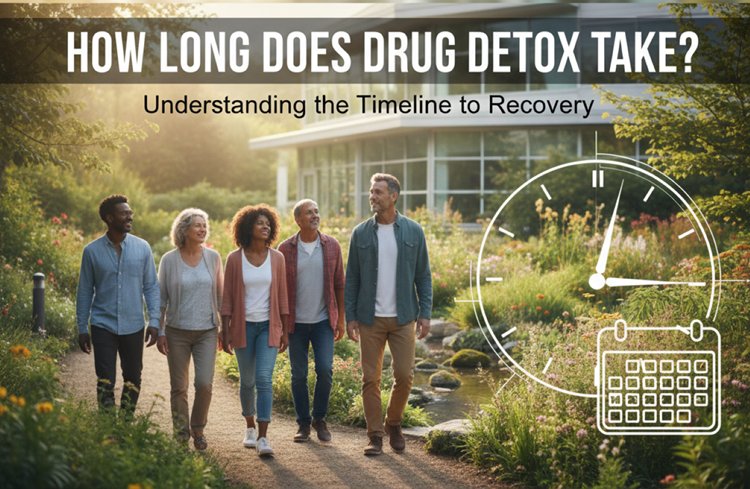Although they usually overlap, addiction and dependence address unique elements of substance use disorders. The inability to prevent destructive addictive patterns defines addiction but physical substance dependence leads to withdrawal symptoms after non-use.
Understanding the distinctions between these medical conditions allows treatment professionals to select proper healthcare programs like residential care and specialized outpatient addiction treatment and alcohol addiction treatment. Students who understand these key terms develop more informed choices in seeking assistance while also decreasing stigma during their support search.
What is Addiction?
Addiction operates as a permanent brain condition that creates unmanageable substance dependence alongside uncontrollable behavior and persistent misuse even though harmful results appear. It affects brain chemistry, particularly the reward and motivation systems, leading to:
– Cravings: Using the substance creates powerful wants that demand attention.
– Loss of Control: Difficulty stopping or reducing use.
– Behavioral Changes: People who select substance use above their duties along with their important social connections.
Signs of Addiction:
- Neglect of responsibilities or hobbies.
- As time goes by, it requires progressively heavier substance usage.
- Risky actions, which include driving when intoxicated, serve as examples.
- The continued utilization when it causes physical suffering along with emotional distress or monetary ruin.
- Physical dependence can complicate addiction treatment, although addiction mainly exists as a psychological condition. The treatment of addiction requires behavioral therapies along with counseling and membership in support groups.
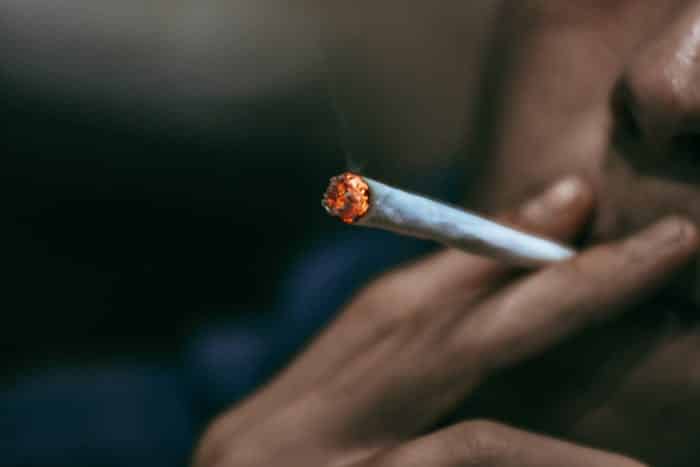
What is Dependence?
Dependence, on the other hand, refers to the body’s physical adaptation to a substance. drug or alcohol use during a specified period makes the body develop a state of reliance for regular functioning. The brain produces withdrawal symptoms when somebody stops using the substance after physiological adjustment to it. National records show that dependence stands apart from addiction in lacking mandatory compulsive manifestations or psychological craving characteristics.
Signs of Dependence:
Tolerance: Users require bigger substance amounts over time to reach the effects they previously got with smaller doses.
Withdrawal Symptoms: An individual exposed to substance reduction experiences physical and mental symptoms including nausea alongside sweating and anxiety.
Regular Use: People use a substance type regularly because they want to forestall unwanted withdrawal symptoms.
Many different substances, including prescription medications used properly, can cause dependence. A substance dependency exists independently of addiction status. Medical patients who receive chronic pain medication sometimes develop substance dependence yet stay free from addictive behavior patterns.
100% Confidential Support is Available 24/7
No matter what you’re going through, you’re not alone. Our dedicated team is here to provide a safe, judgment-free space where you can talk openly and honestly. Whether you need emotional support, resources, or just someone to listen.
We’re here for you—completely confidential and always respectful of your privacy. Call us today!
Key Differences Between Addiction and Dependence
Nature of the Condition
– Addiction: A constant brain disease appears as excessive substance consumption alongside irresistible mental fascination.
– Dependence: Physical addiction requires subjecting to a substance where body reactions occur when the substance is removed.
Primary Impact
– Addiction: The brain’s reward and motivational processes suffer damage from dependency leading to uncontrollable behavioral changes.
– Dependence: Physical dependence develops when the body adapts to external substances which normalize when users continue using them to fight off physical discomfort.
Behavioral Symptoms
– Addiction: Addiction pushes users toward addictive patterns that supplant every commitment including obligations family bonds and health needs.
– Dependence: The reliance on substances stops after taking away the compulsive behaviors and the psychological cravings because dependence primarily affects bodily control.
Treatment Focus
– Addiction: The treatment of dependence requires therapeutic care which combines individual counseling and behavioral therapy with support group involvement while concentrating on psychological factors.
– Dependence: If necessary medication provides treatment that performs detoxification while managing withdrawal symptoms.
Co-Occurrence
– Addiction: Physical dependence frequently exists alongside addiction; however, someone might maintain addiction without experiencing physical dependence.
– Dependence: The condition may surface solely from medication use when patients receive their prescription exactly.
Treatment Options for Addiction and Dependence
The distinction between addiction and dependence directly impacts what treatment method healthcare providers select. Below are the key approaches:
- Inpatient Treatment
- Outpatient Addiction Treatment
- Alcohol Addiction Treatment
- Medication-Assisted Treatment (MAT)
- Behavioral Therapies
- Holistic Approaches

Contact Palm Coast Treatment Solutions
Battling with Drug and Alcohol Addition? Remember, you are not alone and we are here to help you!
Conclusion
Our Palm Coast Treatment Solutions provides customized therapy plans that combat both dependence and addiction. Our team provides multiple treatment options, including outpatient programs and alcohol addiction services along with full recovery assistance as you advance through your journey. Call us at (386) 284-4151 now to start your recovery journey today.






